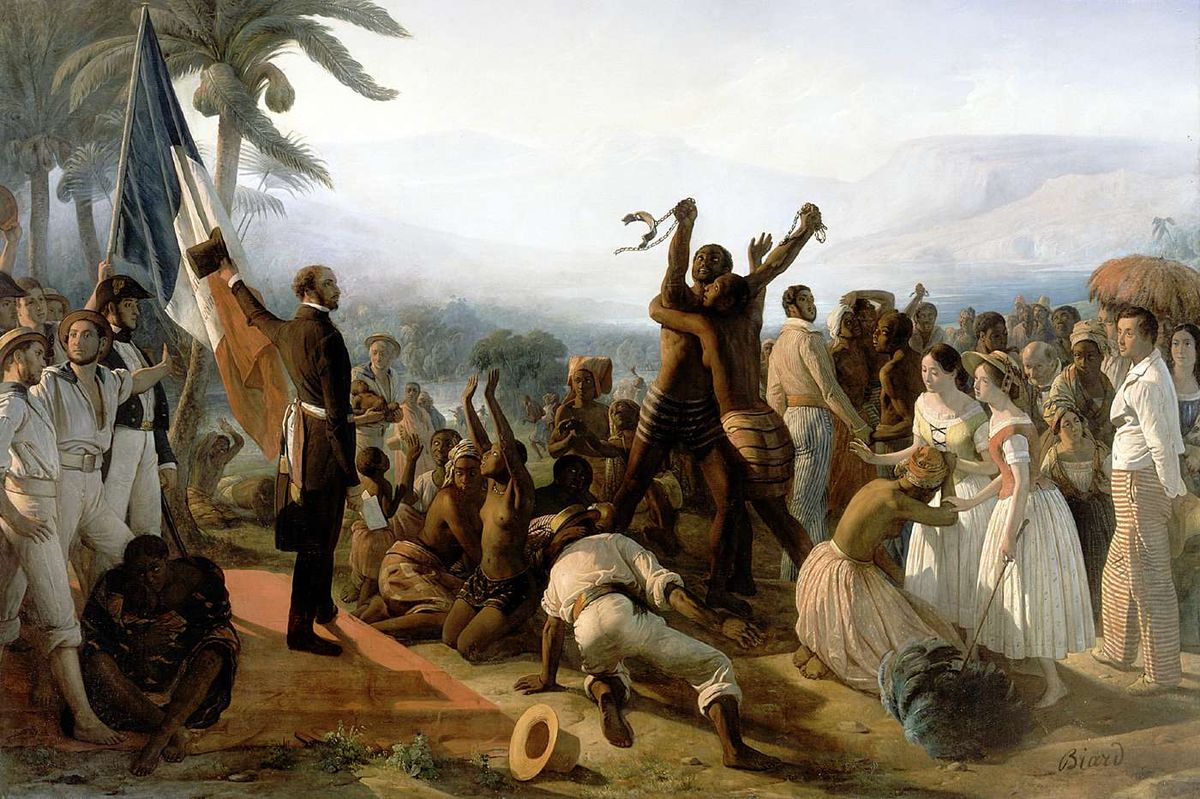When Was Slavery Abolished: A Historical Analysis

Slavery stands as one of the darkest chapters in human history, a practice that dehumanized millions of individuals and perpetuated systemic oppression. The abolition of slavery was a pivotal moment in the fight for human rights and equality. This article aims to provide a comprehensive analysis of when slavery was abolished, exploring key milestones and the impact of these abolition movements on societies worldwide.
The Transatlantic Slave Trade and Early Abolition Movements
The transatlantic slave trade, which lasted from the 16th to the 19th century, saw millions of Africans forcibly transported to the Americas as slaves. However, the first significant efforts to abolish slavery emerged during the late 18th century. In 1772, the landmark Somerset v Stewart case in England ruled that slavery was not supported by common law. This decision marked an important step towards the eventual abolition of slavery.
The Haitian Revolution (1791-1804) also played a crucial role in challenging the institution of slavery. Led by Toussaint Louverture and other enslaved individuals, Haiti became the first independent nation in Latin America and the Caribbean, abolishing slavery in 1804. This revolution inspired enslaved people and abolitionists across the globe, fueling the momentum for change.
The British Abolition Movement and the Slavery Abolition Act of 1833
In the early 19th century, Britain became a central hub for the abolitionist movement. Influenced by religious and humanitarian ideals, prominent figures such as William Wilberforce tirelessly campaigned for the end of slavery. The Slave Trade Act of 1807 abolished the transatlantic slave trade, but it did not address the issue of slavery itself.
It was not until 1833 that the Slavery Abolition Act was passed in Britain, marking a significant turning point. This act abolished slavery throughout the British Empire, including its colonies in the Caribbean and Canada. However, the act did not grant immediate freedom to all enslaved individuals. Instead, it introduced a system of apprenticeship, which required former slaves to work for their former masters for a period of time before gaining full freedom.
The United States: Emancipation Proclamation and the 13th Amendment
In the United States, the road to emancipation was long and arduous. The Emancipation Proclamation, issued by President Abraham Lincoln in 1862, declared that all enslaved individuals in Confederate-held territory were to be set free. However, it did not immediately end slavery in the entire country, as it only applied to areas under Confederate control during the American Civil War.
It was not until December 6, 1865, that the 13th Amendment to the United States Constitution was ratified, officially abolishing slavery throughout the nation. This amendment marked a crucial milestone in American history, ending centuries of legalized slavery and recognizing the inherent rights and dignity of all individuals.
Global Abolition Efforts and Continued Challenges
The abolition of slavery was not limited to Britain and the United States. Throughout the 19th and early 20th centuries, various countries enacted legislation to end this abhorrent practice. France abolished slavery in its colonies in 1848, while Brazil, the last country in the Americas to abolish slavery, did so in 1888.
However, despite these significant achievements, the legacy of slavery continues to impact societies worldwide. The abolition of slavery did not eradicate racism or eliminate systemic inequalities. Many formerly enslaved individuals faced ongoing discrimination and struggled to access education, employment, and equal rights. The fight for racial equality and justice remains an ongoing battle in many parts of the world.
Conclusion:
The abolition of slavery stands as a watershed moment in human history, marking the triumph of justice and human rights over oppression. From the early efforts of abolitionists in Britain to the Emancipation Proclamation in the United States, the journey towards freedom was long and challenging. While slavery was officially abolished in various countries, its legacy persists, reminding us of the importance of continued efforts to combat racism and inequality. It is crucial to remember this dark chapter of history and work towards a more inclusive and equitable future for all.






